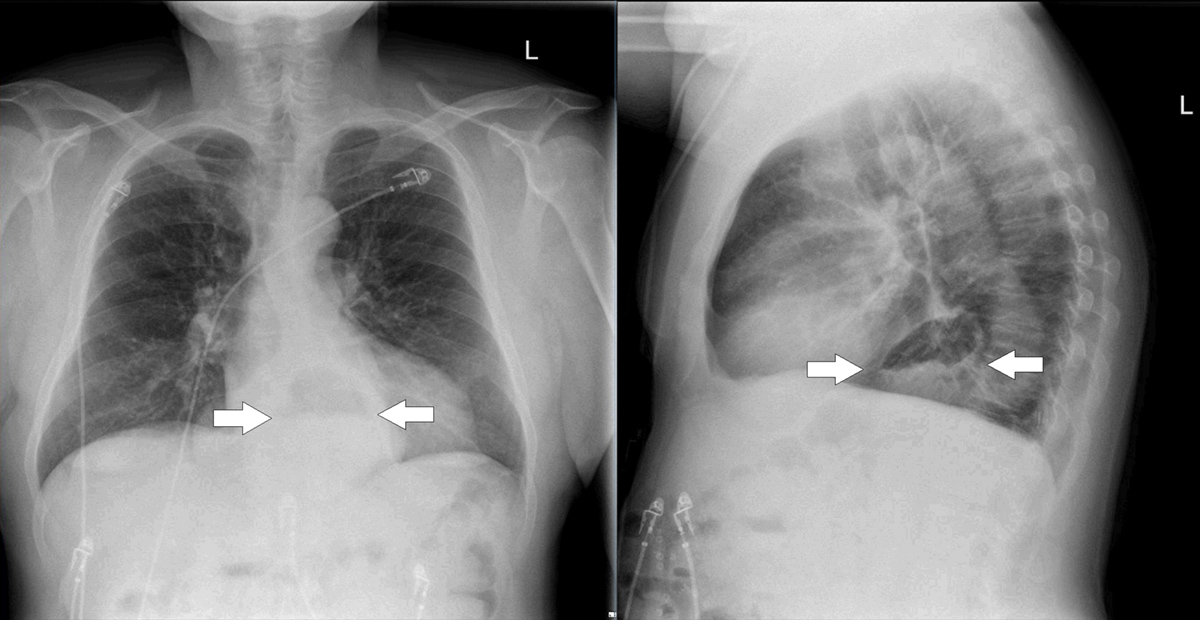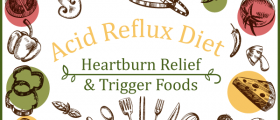
Hiatal hernia is a disorder in which a part of the stomach sticks out into the chest, through an opening in the diaphragm. The diaphragm is the tissue of muscle that divides the chest from the abdomen. It is used in breathing.
Mostly, a tiny hiatal hernia does not cause any problem, and person may never know about a developed hiatal hernia unless the doctor finds it out when checking for some other disorder. Small hiatal hernias usually cause no signs. However, large hiatal hernias may result in certain symptoms such as chest pain, nausea, heartburn, swallowing difficulty and burping.
It is not entirely clear what causes a hiatal hernia, but there are certain risk factors which may affect it. It may be the cause of a softening of the supporting tissue. Overweight and smoking are recognized risk factors in adults. Hiatal hernia is very frequent, particularly in people over 50 years old. This disease may cause revulsion of gastric acid from the stomach into the esophagus. In children, it is usually congenital.
Exams and Tests
A hiatal hernia is mostly detected during a test or procedure to find out the cause of heartburn or chest or upper abdominal pain, such as barium x- ray and endoscopy exam (when a scope is used to see the patient\'s digestive tract).
Possible complications
Some of the complications which may occur are gastroesophageal reflux disease, pulmonary aspiration, Barrett’s esophagus, diaphragmatic hernia, slow bleeding and iron deficiency anemia.
Treatment
The main aims of therapy are to reduce signs and prevent complications. Therapy will depend on many factors, including seriousness of symptoms, type of hiatal hernia, the age and medical history of the patient. Alternative therapies and home remedies that have been noted as probably useful may involve: Calcarea carbonica homeopathic remedy, Lachesis homeopathic remedy, and Belladonna homeopathic remedy. Certain homeopathic remedies may significantly reduce the symptoms made by the hiatal hernia. When the patient selects some remedy, he or she must read instructions and be careful with it. Arsenicum album remedy is for burning pain that feels better with warmth. Carbo vegetalis is for bloating and indigestion that is worse when lying down. This is also helpful for gaseous stomach and tiredness. Nux vomica may help with heartburn, cramping and constipation. Lycopodium is useful for heartburn.
Prevention
People should avoid foods which hasten heartburn, such as chocolate, coffee, peppermint, spicy diets, food containing tomatoes, alcohol, citrus fruit. Smoking may exaggerate stomach acid production.

















Your thoughts on this
Loading...